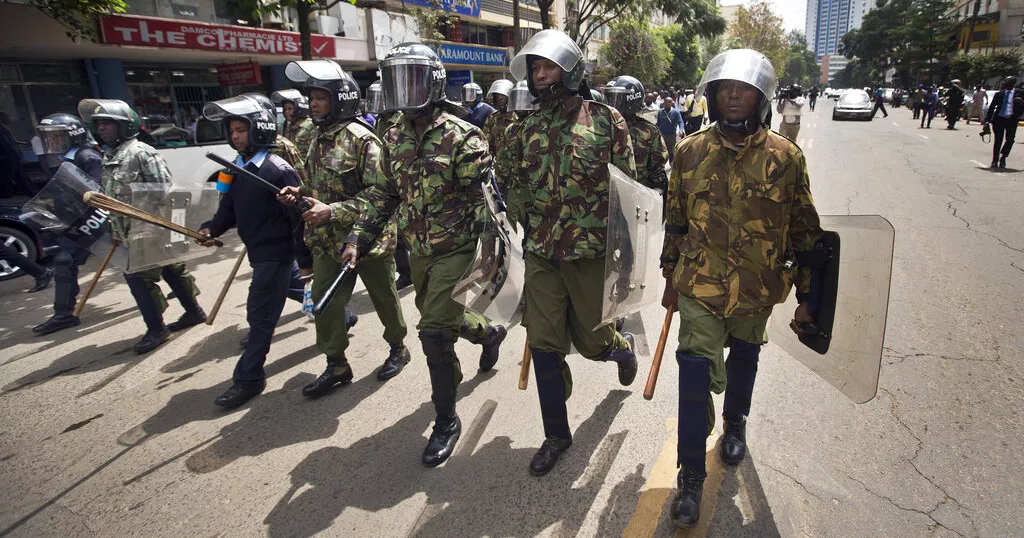
On Friday, Kenya and Haiti finalized a security agreement, a crucial step for Nairobi to address concerns raised by its domestic court regarding the deployment of 1,000 police officers for a UN-approved mission aimed at combating gang violence in Haiti.
Kenya had initially declared its intentions in July of the previous year to lead a mission to Haiti, where rampant gang control in the capital led to nearly 5,000 casualties in the preceding year.
However, Kenya’s High Court deemed the deployment, originally scheduled for January, unconstitutional without a “reciprocal arrangement” with the host government.
This ruling effectively halted the entire mission, despite significant financial support from the United States and Canada, along with commitments of armed personnel from various nations.
On Friday, Kenyan President William Ruto said an agreement had been signed with Haiti. “I am pleased to inform that (Haiti) Prime Minister Ariel Henry and I have witnessed the signing of this instrument. We have also discussed the next steps to enable the fast-tracking of the deployment,” Ruto said at the signing ceremony.
Haiti sought assistance in 2022 amidst escalating violence but struggled to find a willing country to lead the mission. Concerns over human rights abuses in prior missions, combined with hesitation to support Haiti’s unelected administration under Prime Minister Ariel Henry, deterred many governments.
Apart from Kenya, the Bahamas has committed 150 personnel, while Jamaica and Antigua and Barbuda have expressed their willingness to contribute. Additionally, Benin offered 2,000 troops earlier this week.
On Thursday, Haiti’s capital, Port-au-Prince, witnessed armed clashes involving gangs, police, and vigilantes. A gang leader described the events as a demonstration against the authorities.
